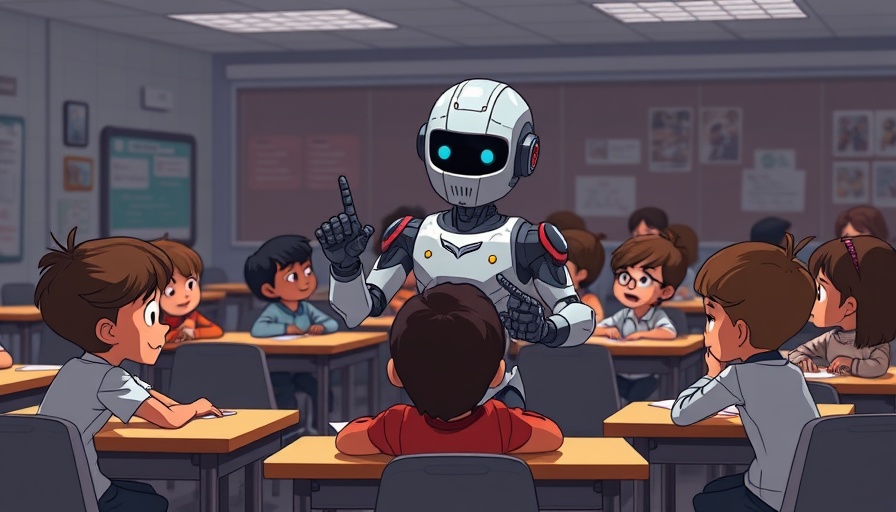
ChatGPT's New Feature: A Shift in Educational Dynamics
In the ever-evolving landscape of educational technology, ChatGPT is making headlines once again. The company is testing a new feature called 'Study Together', which appears to revolutionize the way users interact with AI for educational purposes. Unlike traditional chat modes where users receive ready-made answers, this feature seems to pivot towards a more interactive model. Reports suggest that it encourages critical thinking by prompting users with questions, thereby requiring active participation. This not only turns learning into a collaborative process but might also mitigate concerns about dependency on AI for answers.
Exploring Collaborative Learning
The concept of collaborative learning isn't new, but integrating it into AI applications could reshape educational experiences. Imagine students forming virtual study groups with ChatGPT guiding their discussions. Such a feature could democratize access to educational support, offering students from varied backgrounds equal opportunities to learn. Implementing this could potentially reduce the stigma associated with seeking help while using technology responsibly.
Addressing Cheating and Ethical Concerns
With AI tools being utilized in classrooms and homes, concerns about cheating have surged. ChatGPT's 'Study Together' feature may aim to address these worries by transforming the AI into a partner for learning rather than just a source of answers. By encouraging dialogue and questioning, it fosters a more ethical use of technology in academia. Critics will likely keep a close eye on how effectively this initiative impacts students’ motivations and results.
Potential Challenges Ahead
Despite the optimism around 'Study Together', several challenges arise. For starters, how will educators adapt their teaching methods to integrate this AI-assisted approach? Furthermore, the effectiveness of this feature hinges on user engagement. If students do not actively participate in the back-and-forth questioning process, the tool's potential may falter. Early adopters must be willing to provide feedback to refine this experimental feature—after all, education must be a two-way street.
Future Insights: What Lies Ahead for AI in Education?
As technology continually reshapes education, the forward-looking perspective emphasizes the need for ongoing synergy between AI capabilities and teaching strategies. With tools like ChatGPT evolving, educators might pave the way for new methodologies that seamlessly incorporate digital learning aids. The question remains: will features like 'Study Together' foster deeper understanding and engagement among students, or will it perpetuate learning dependencies?
The Bigger Picture: Trends in Educational Technology
The rise of interactive tools in education reflects a broader trend towards personalized learning. As AI becomes more integrated into the classroom, it's crucial to monitor its implications. Will more students become critical thinkers, or will reliance on these technologies hinder genuine comprehension? Leaders in the field must navigate these waters carefully, ensuring that the introduction of AI supports traditional learning without overshadowing essential cognitive development.
ChatGPT is not alone in exploring innovative educational tools. Many companies are investing heavily in technology that enhances learning experiences, from gamification strategies to AI tutors. Keeping an eye on these trends can help educators adapt and incorporate best practices that benefit their students.
 Add Row
Add Row  Add
Add 



Write A Comment